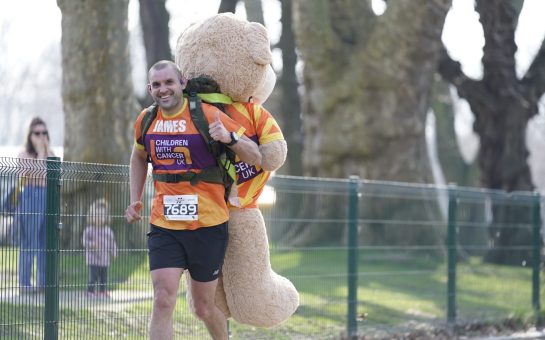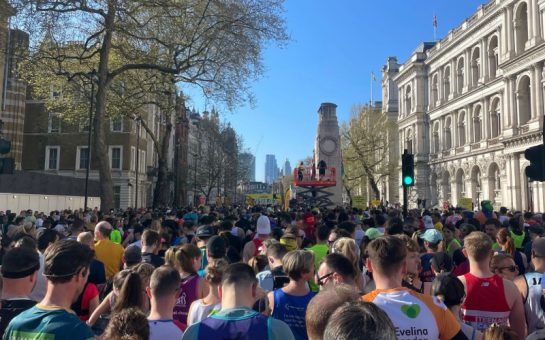Like every sector in the UK over the past year, substance abuse treatment services have had to adapt to the ongoing Covid pandemic.
Drug and alcohol charity WDP, which has locations in Merton and Kingston, began using online groups as well as increased telephone contact and regular social media posts to offer alternative support to face-to-face contact.
WDP chair Yasmin Batliwala said: “Last summer one of our service users suffered a fall at home and was detoxed from alcohol under an emergency hospital admission.
“They accessed us for ongoing support but found engaging remotely, including online groups, daunting at first.
“But they have since participated extremely well in online groups, are still abstinent from alcohol, and have even taken on a voluntary role that uses technology.”
Anecdotal reports from WDP include people struggling to obtain heroin due to a lack of supply and funds through usual means such as begging and crime, plus concerns over the quality of the drug.
However, these situations appeared to increase some people’s success with Opiate Substitute Therapy during the early part of the first lockdown, where it hadn’t in the past.
Batliwala said: “We had enough time from the first lockdown to sort out how we communicate with our service users, so that when it came to the next lockdown we were well geared to dealing with the situation.
“I think what Covid has done, strangely enough, has presented us with all sorts of opportunities to look at different ways service delivery can work, and how for some people certain ways are preferable to others.”
The Royal College of Psychiatrists estimated that people drinking alcohol at a higher risk level jumped from 4.8 million in February 2020 to 8.6 million in June 2020, which it said could put extra strain on addiction services.
Although WDP hasn’t seen an increase in alcohol abuse referrals since the start of the pandemic, it saw a slight increase in the number of people successfully completing treatment services between March and December 2020 when compared to the same period in 2019.
Change Grow Live, a charity that supports people struggling with drug and alcohol misuse, as well as those with housing or physical wellbeing issues, gave out more than 200 pre-paid phones to their users with ongoing credit for texting and calls.
Simon Holmes, sub-regional services manager in Ealing and Southwark, said: “Overall it’s been quite a change in how we deliver treatment for both service users and staff.
“Frontline workers around the country are under immense pressure at the moment and my team is no different.”
As well as offering regular digital communication via the likes of Zoom and FaceTime, Change Grow Live’s other initiatives include ensuring more of their users carry and know how to use a naloxone kit, a medication that can prevent an opiate overdose death, of which 80% of opiate users they help now have access to.
Although funding before the pandemic was a challenge nationally, Holmes said that the charity has seen further funding opportunities targeting the most vulnerable and marginalised people in society, such as from the Ministry of Housing, Communities & Local Government.
He added: “This is very much welcome. However, more needs to be done to ensure that these people continue to get the help they need during this difficult period and aren’t forgotten.”




